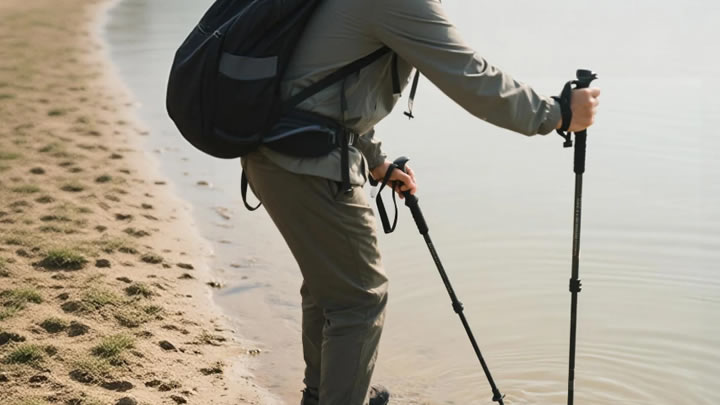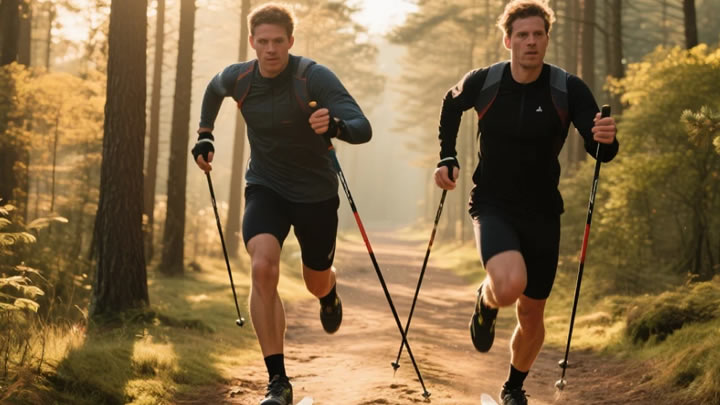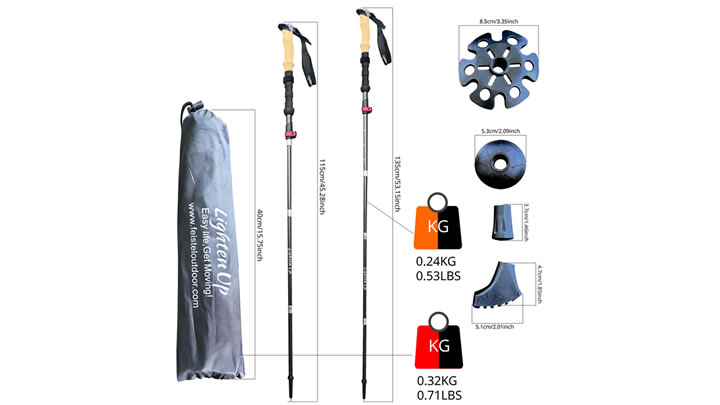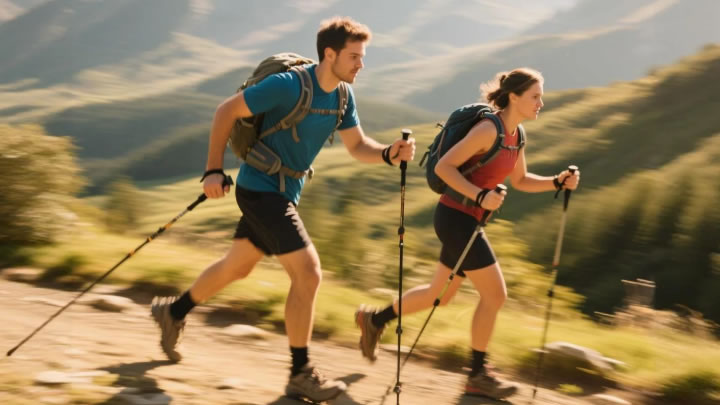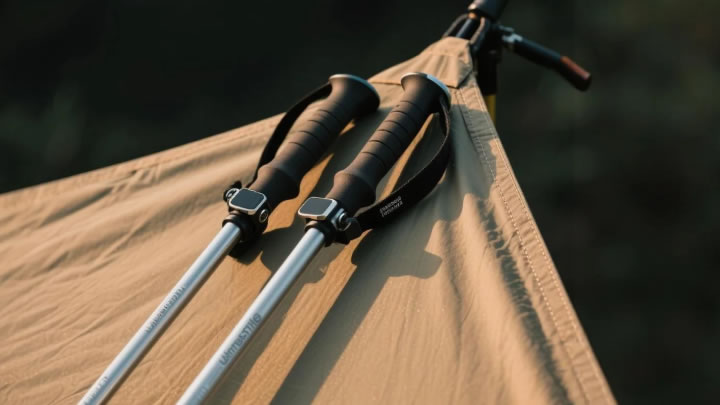How to lighten up your hiking mindset for stress-free trails
Hiking is as much a mental journey as a physical one. While lightweight gear lightens your pack, a relaxed mindset lightens your spirit. Overplanning, perfectionism, and external pressures can turn a joyful trek into a stressful checklist. Here’s how to cultivate a calm, adaptable mindset for truly stress-free adventures.
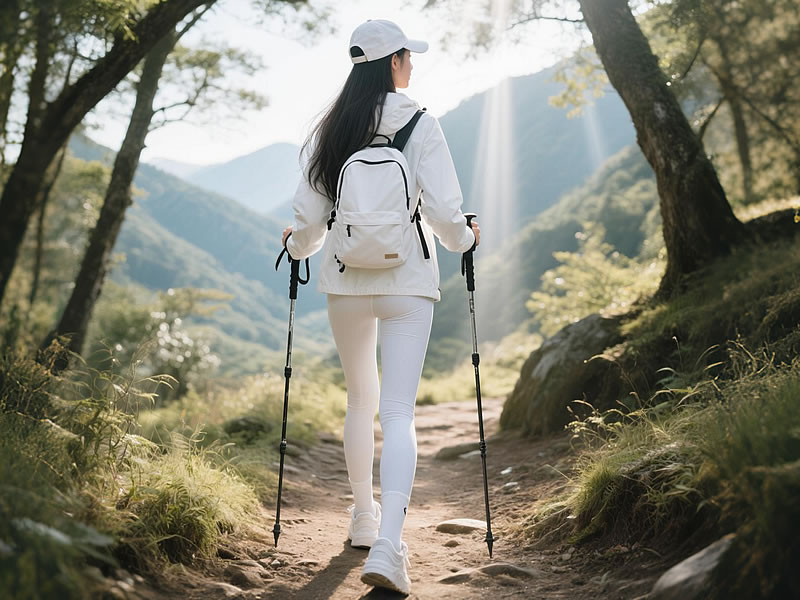
1. Simplify Your Planning: Less Control, More Flow
Overplanning kills spontaneity. Instead:
- Set loose goals: Define a general route and turnaround time, but embrace detours for hidden waterfalls or scenic viewpoints.
- Weather-proof your mindset: Accept that rain, wind, or trail closures are part of the adventure—pack a poncho and a sense of humor.
- Ditch the itinerary: Avoid hourly schedules. Let your pace adapt to your energy and curiosity.
Pro tip: Use apps like AllTrails for backup navigation, but don’t let screens dictate your experience.
2. Embrace “Good Enough” Over Perfection
The pursuit of flawless hikes creates unnecessary stress:
- Gear: You don’t need the lightest or newest equipment. A reliable, well-worn backpack beats a pricey ultralight one you’re scared to scratch.
- Fitness: You don’t have to be “trail-ready.” Start with shorter hikes and build stamina organically.
- Photos: Capture moments, not Instagram trophies. Put the camera away and soak in vistas with your senses.
3. Practice Mindful Walking
Transform hiking into moving meditation:
- Breathe with your steps: Inhale for 3 steps, exhale for 4. Sync your rhythm with nature.
- Engage your senses: Notice the scent of pine, the crunch of gravel, or the warmth of sunlight filtering through leaves.
- Digital detox: Silence notifications. If you need music, opt for ambient sounds (e.g., birdsong playlists) over distracting beats.
Science says: Studies show mindful walking reduces cortisol (stress hormone) by up to 20%.
4. Reframe Challenges as Adventures
Unexpected obstacles? Shift your perspective:
- Lost the trail? Call it a “bonus exploration.”
- Rain soaked your gear? Revel in the primal joy of weathering the elements.
- Too tired to summit? Celebrate the wisdom of listening to your body.
Quote to live by: “The best views come after the hardest climbs—but sometimes the best lessons come from turning back.”
5. Lighten Social Pressures
Hiking isn’t a competition:
- Solo hikes: Remove group dynamics. Move at your own pace, rest when you want, and enjoy solitude.
- Group hikes: Communicate limits upfront. A “no-pressure” pact keeps everyone stress-free.
- Social media: Post memories, not metrics. Likes don’t measure a hike’s worth.
6. Build Resilience Through Small Risks
Confidence grows when you step slightly outside your comfort zone:
- Try a new skill: Navigate with a paper map, forage safe wild edibles, or sleep under a tarp.
- Weather a minor storm: Camp in light rain to learn you (and your gear) are tougher than you think.
- Laugh at mishaps: Broken shoelace? MacGyver it with a zip tie. Burnt dinner? Call it “trail charcuterie.”
7. Cultivate Gratitude, Not FOMO
Avoid comparing your hike to others’:
- Gratitude journaling: Post-hike, jot down 3 things that surprised or delighted you (e.g., a deer sighting, the perfect snack).
- FOMO antidote: Unfollow accounts that make hiking feel like a competition. Follow storytellers who celebrate imperfection.
Conclusion: Hike Like a Child, Not a CEO
Children don’t obsess over mileage, gear, or badges—they explore with curiosity and abandon. Lighten your mindset by releasing expectations, embracing flexibility, and finding wonder in small moments. Remember: The trail isn’t a test. It’s a playground.

